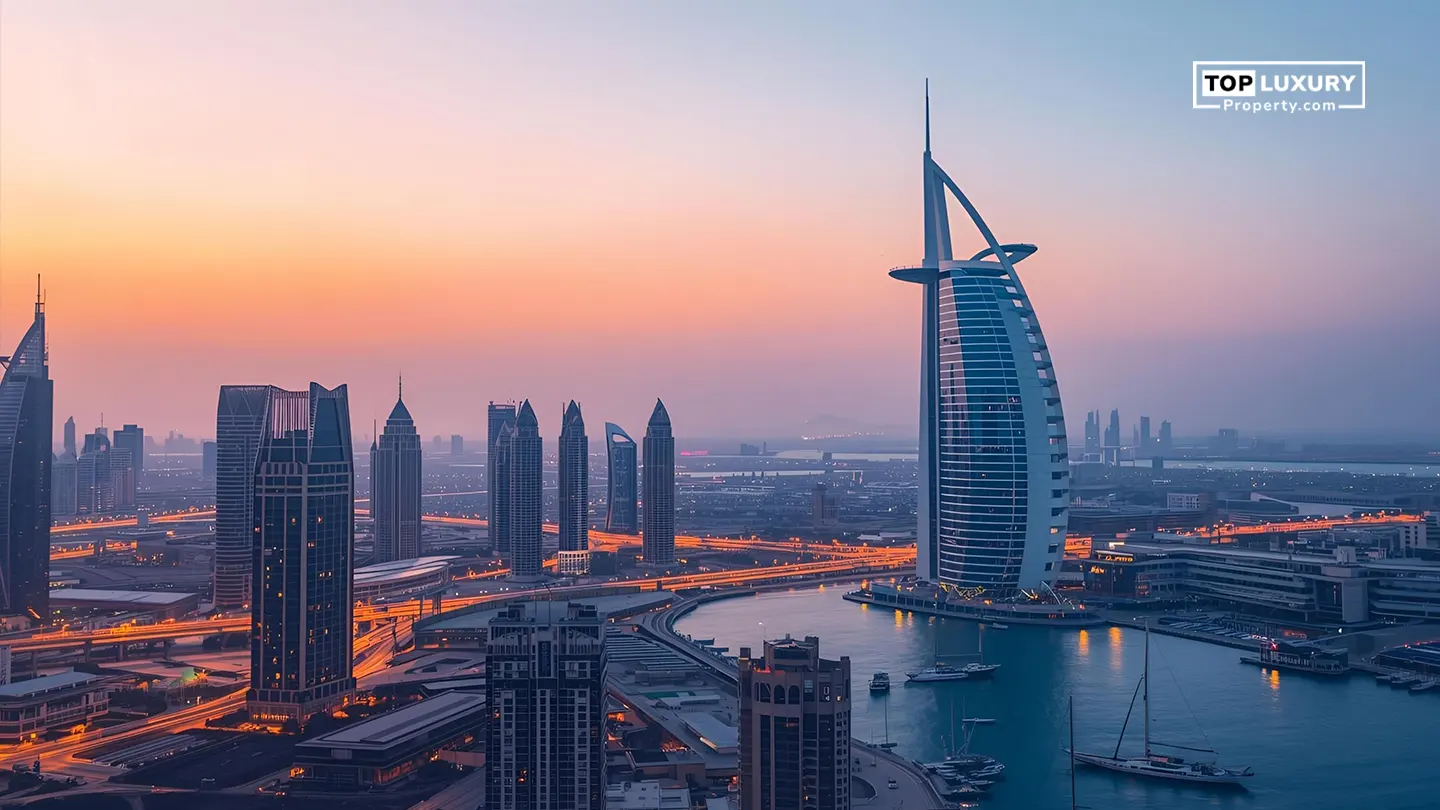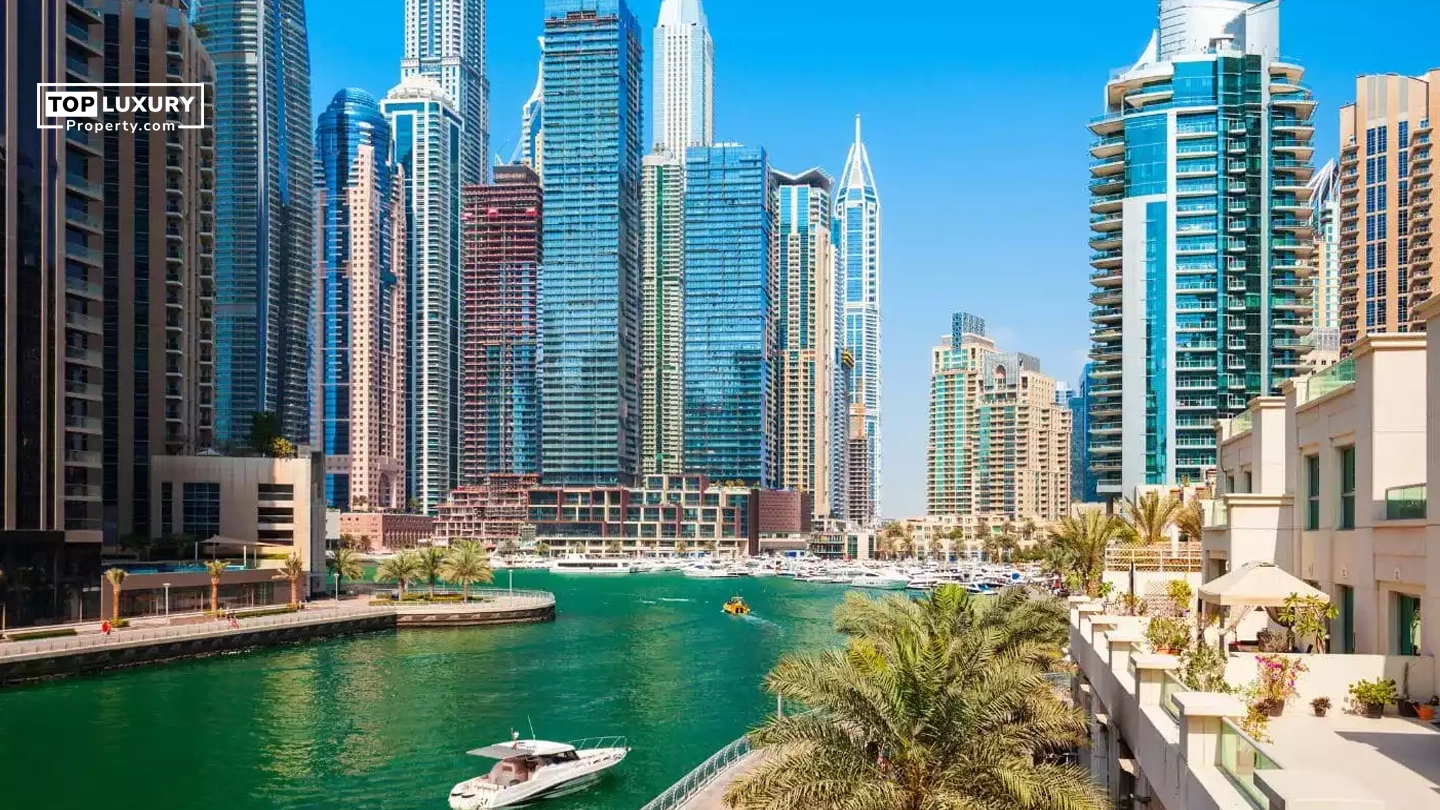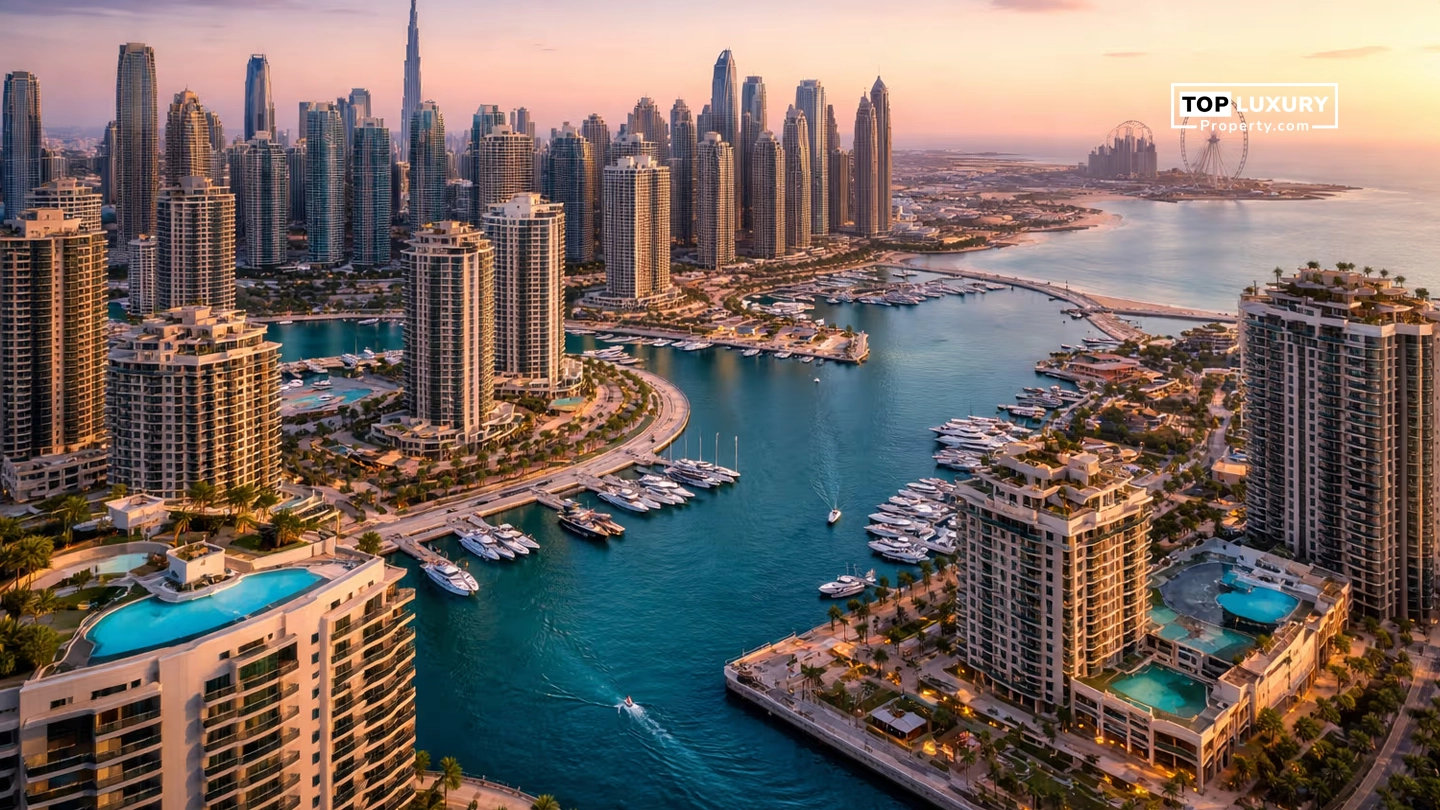PropTech Regulations in Dubai: What Developers Need to Know
Dubai is a global hub for real estate technology. The market is all about innovation. But success requires understanding the regulatory framework. This framework is designed to protect investors and encourage technological growth. For developers, navigating these rules is key to launching and scaling projects. This guide breaks down the Dubai PropTech regulations you need to know.
Dubai PropTech Regulatory Framework Overview
You are in one of the world’s most advanced real estate markets. To win, you need to understand how Dubai’s regulators balance innovation with protection. The framework involves several bodies working together.
| Organization | Role |
|---|---|
| DLD | Oversees registration and innovation. |
| RERA | Sets rules for projects and marketing. |
| VARA | Regulates real estate tokenization. |
| Smart Dubai & Dubai Future Foundation | Support the PropTech Sandbox. |
These entities work together to make the PropTech Dubai market safe, transparent and future ready. Their aim is to create a safe space for developers and buyers. This structure enables sustainable growth in the property sector.
Key Regulatory Bodies and Compliance Requirements for Developers
When you launch a development, you will interact with multiple agencies. Each has specific compliance requirements that you must meet to operate legally and effectively.
Real Estate Regulatory Agency (RERA)
Generally, RERA oversees all real estate activity. Important rules to follow are:
Any construction exceeding 500 square meters needs official recording. Likewise, developments containing over eight residences demand registration prior to advertising.
For every project, developers need to deposit at least 70% of their fund in a special escrow holding account. It’s vital because this keeps the cash safe, ensuring it goes only toward that specific project instead of elsewhere.
Sales agreements need to follow the RERA standard format. It’s there so everyone understands the deal - it keeps things transparent, equitable, and moreover, lawful.
Developers must post project updates online, hitting key stages as they happen. Openness regarding what’s being built - also how it works - is a firm requirement.
Trakheesi Permit System
Trakheesi is RERA’s electronic permit platform for all real estate advertising. It is a critical tool for lawful marketing of both off-plan and completed properties.
Purpose: Every single property listing must have a valid Trakheesi permit number. This rule applies to all advertising channels, from online portals to print media.
Application Process: You can register through the Dubai REST app with Emirates ID verification. Upload your trade license, title deed, and other approvals to apply for a digital permit.
Non-Compliance: Advertising without a valid Trakheesi permit can lead to serious consequences. Penalties include heavy fines, blacklisting, or even the suspension of your business license.
Navigating the PropTech Sandbox and Innovation Hubs
To encourage innovation, Dubai offers programs where you can test new solutions. Engaging with these sandboxes allows you to pilot technologies with regulatory oversight.
- PropTech Sandbox: This initiative, launched by Smart Dubai and the DLD, supports pilot projects. It focuses on building automation, data analytics, and tokenization. It also helps with FinTech licensing for PropTech firms.
- Real Estate Tokenization Pilot: This program explores the tokenization of title deeds. It allows for fractional property investment, making real estate more accessible. It shows how technology can change ownership models.
- Emirati Real Estate Business Incubator: The six-month incubator programme, beginning on October 27 at Dubai Silicon Oasis, will host 50 Emirati real estate firms. It aims to guide participants in transitioning from independent brokers to full-scale real estate agencies. The curriculum covers:
- Brokerage firm management
- Regulatory and financial procedures
- Market analysis
- Feasibility studies
- Business planning
- Legal frameworks
- DIFC Innovation Testing License Program : The Dubai Financial Services Authority (DFSA) offers Innovation Testing Licenses (ITL) for qualifying PropTech companies. This regulatory sandbox allows you to test innovative products with live customers under modified requirements. Eligibility Criteria:
- Your solution must involve genuine innovation in financial services
- You must be ready for live customer testing
- Your management team needs 2-3 years of relevant experience
- Adequate funding for minimum capital requirements
The testing period typically lasts 12 months, providing controlled environment access while preparing for full-scale licensing. Over 80 applicants have been accepted into the program since 2017.
By joining these initiatives, you can validate your innovations. This provides a clear path to market while ensuring you meet regulatory standards.
Integrating PropTech: Permits, Escrow, and Data Security Rules
When you adopt new technologies, you must integrate them within the existing rules. This involves managing permits, escrow accounts, and data security protocols carefully.
Obtain All Necessary Permits
Secure a Trakheesi permit for all marketing and brokerage activities.
Complete the RERA registration for your project before starting sales.
Get DLD approval for any tokenization or fractional ownership offerings.
Maintain Escrow Compliance for Off-Plan Property
Dubai Law No. 8 of 2007 mandates escrow accounts for all off-plan property in Dubai developments. You cannot begin sales until establishing a RERA-approved escrow account with designated banks.
Critical Requirements
- 70% of buyer payments must be deposited into project-specific escrow accounts
- Funds are released only upon verified construction milestone completion
- Independent auditing firms must confirm progress before fund releases
- All payments outside escrow accounts are strictly prohibited
Escrow protection ensures your project maintains credibility while safeguarding buyer investments. RERA monitors all escrow activities, providing additional oversight for compliance maintenance.
Implement Robust Data Security Measures
UAE’s Personal Data Protection Law (PDPL)- Federal Decree-Law No. 45 of 2021- applies to all PropTech data. Your technology solutions must meet comprehensive privacy requirements similar to GDPR standards.
Technical requirements include measures to prevent data breaches and unauthorized access. Companies must have data breach response protocols, appoint Data Protection Officers and clear consent mechanisms.
For PropTech Dubai operations, this means securing customer information across all digital platforms. Property management systems, virtual tour applications and investment platforms must meet strict cybersecurity standards.
Future-Proofing Projects: Sustainability and Emerging Tech Mandates
Dubai’s regulators encourage sustainable and technologically advanced developments. Meeting these future-focused requirements will keep your projects relevant and attractive.
Green Building Technology Requirements
By 2025, Dubai will demand more sustainability in real estate technology. New construction needs LEED approval more than 400 structures currently have it, with a goal of 500. Moreover, developers follow Al Safat standards enjoy quicker project sign-offs.
PropTech solutions must support sustainability goals. Think interconnected devices tracking energy use, artificial intelligence forecasting repairs before they happen, and likewise secure digital records verifying eco-friendly practices.
Buildings now use connected tech alongside intelligent programs to conserve power. They watch things happen as they occur, allowing quick tweaks that lessen harm to the planet while also saving money on running expenses.
Blockchain and Tokenization Regulations
Dubai was the first to introduce real estate tokenization through VARA (Virtual Assets Regulatory Authority). VARA regulates blockchain based property transactions and tokenized ownership models under Law No. 4 of 2022.
The emirate aims to have 7% of its real estate market worth AED 16 billion to be tokenized by 2033. This means fractional ownership structures for Dubai properties for global middle-class investors.
PropTech developers implementing blockchain solutions must get VARA licensing and comply with virtual asset regulations. This includes custody services, cybersecurity controls and disclosure requirements.







